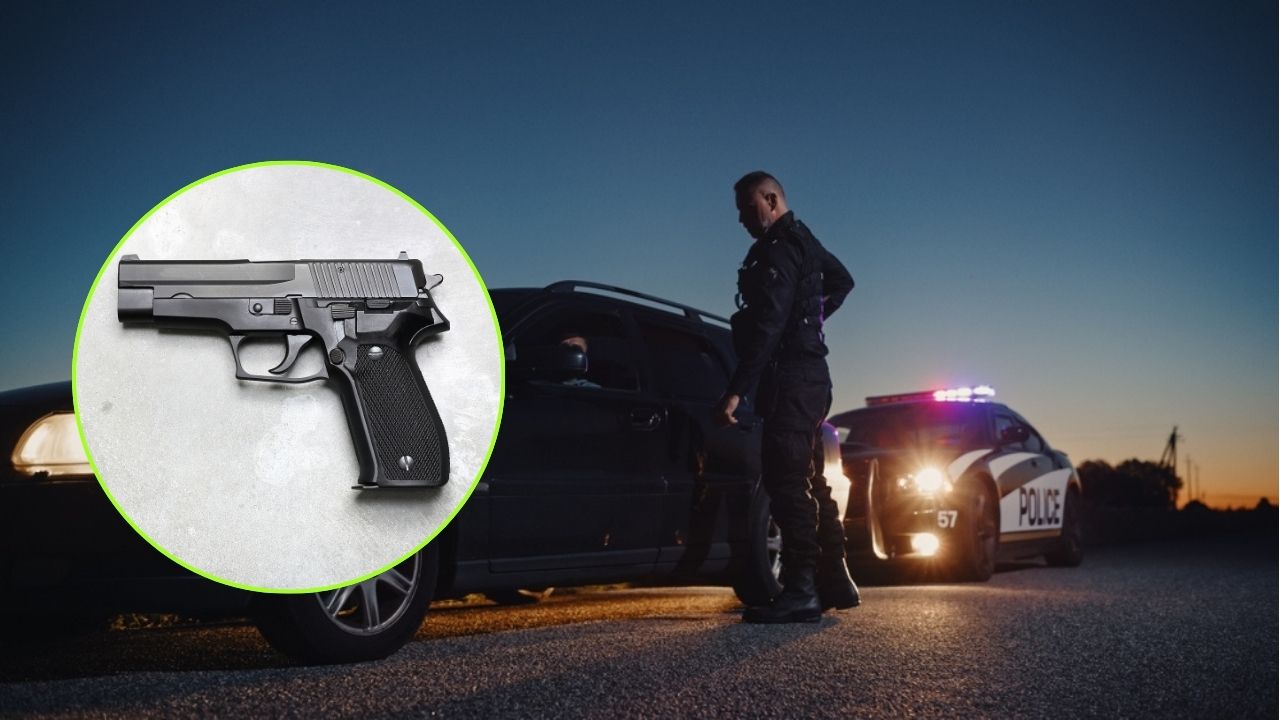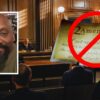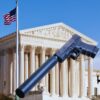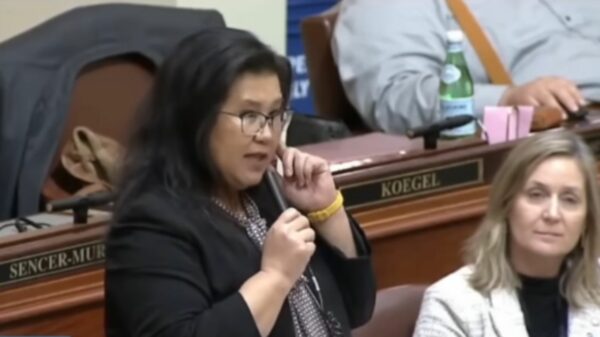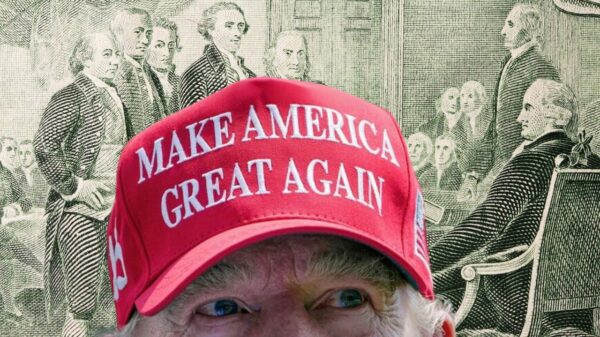Recently the Minnesota Court of Appeals declared that the interior of a car constitutes a public place. The case was discussed in a video by Tom Grieve, which has sparked discussions regarding individual liberties and the interpretation of laws. Here’s the full story.
The Background of the Case
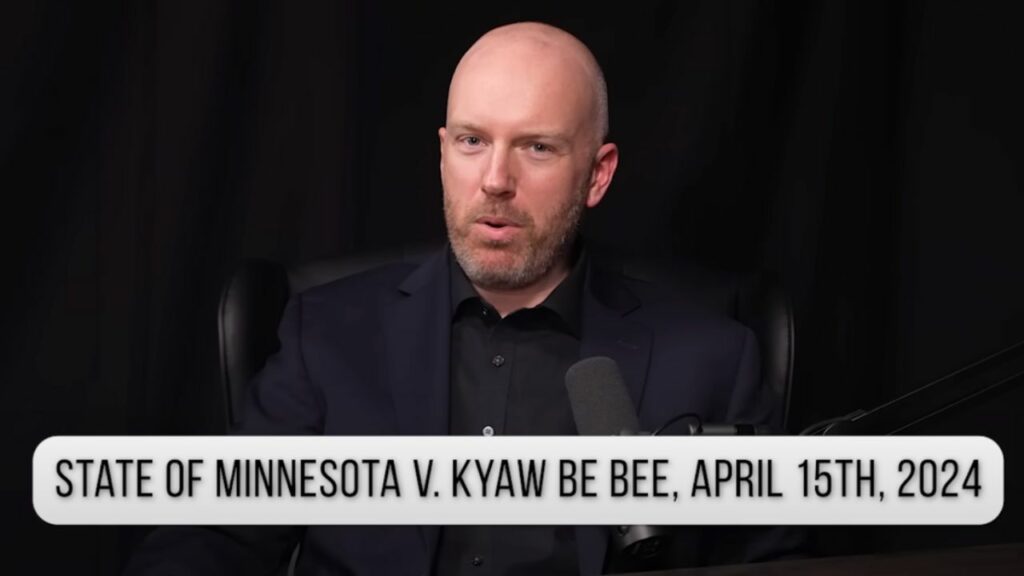
The case at hand involves the State of Minnesota versus Mr. Kyaw Be Bee., who was suspected of involvement in the theft of catalytic converters. During the investigation, police stumbled upon a firearm under the driver’s seat of his car. This unexpected discovery landed Mr. Bee in hot water for illegally carrying a gun in public.
The Unexpected Twist
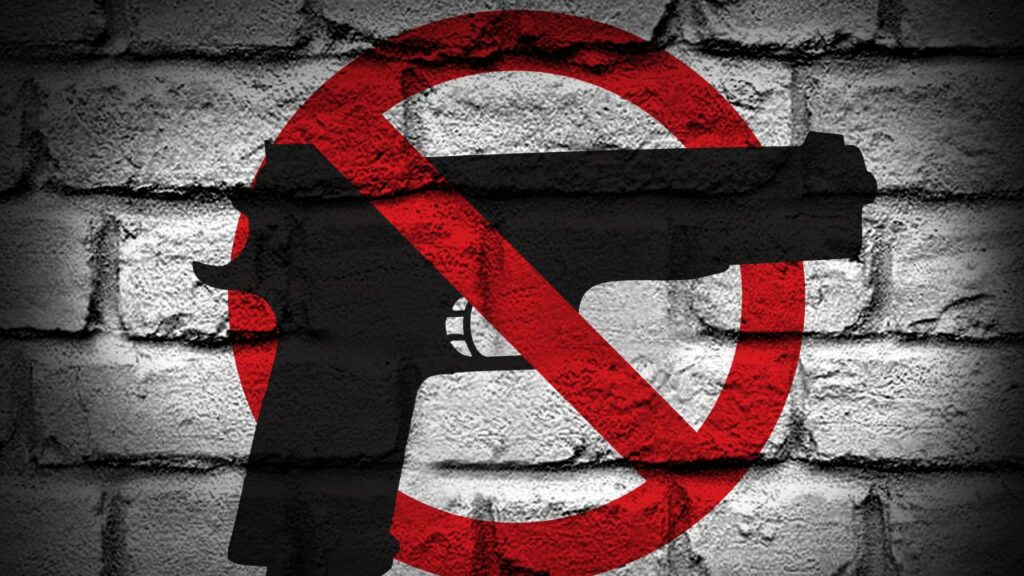
But here’s the twist: Mr. Bee’s defense argued the gun was tucked away inside his vehicle, not exactly being “carried” in public. The judge at the district court agreed, tossing the case out due to lack of evidence and siding with Mr. Bee.’s interpretation of the law.
The Interpretation of Words

However, the State of Minnesota chose to appeal the decision, leading to a contentious legal battle that delved into the interpretation of the term “public place.” At the core of the debate was Minnesota Statute 624.7181, which defines a public place as property owned, leased, or controlled by a governmental unit and private property open to or made available for use by the public. The statute explicitly excludes a person’s dwelling house, premises, or place of business from this definition.
The Argument
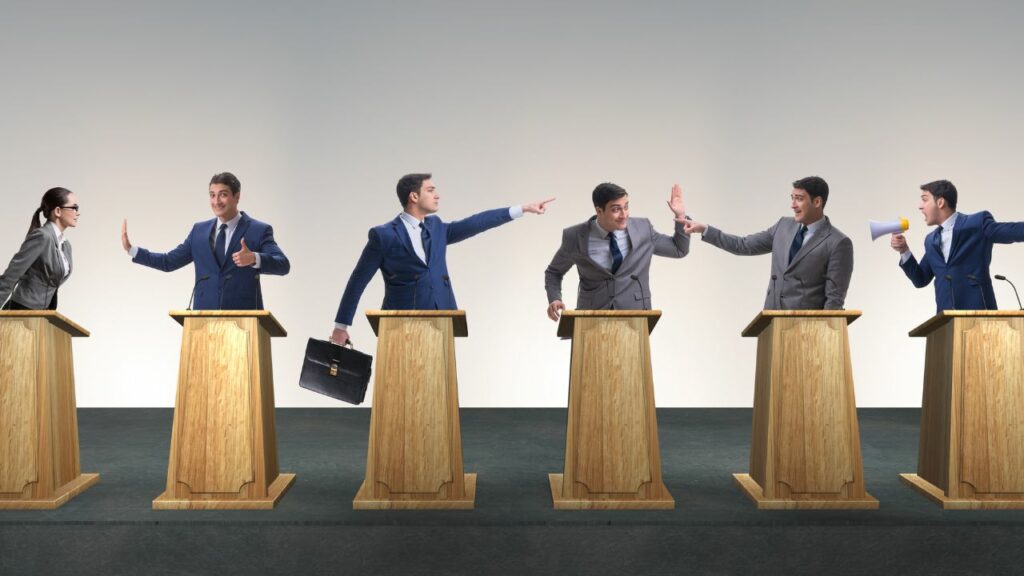
During the appeal process, both sides presented compelling arguments regarding the interpretation of the statute. The prosecution contended that since Mr. Bee’s car was on a road owned or controlled by a governmental unit, the interior of the vehicle qualified as a public space. Equally, the defense maintained that a privately owned motor vehicle should not be considered a public space, regardless of its location.
How the Meaning Differs
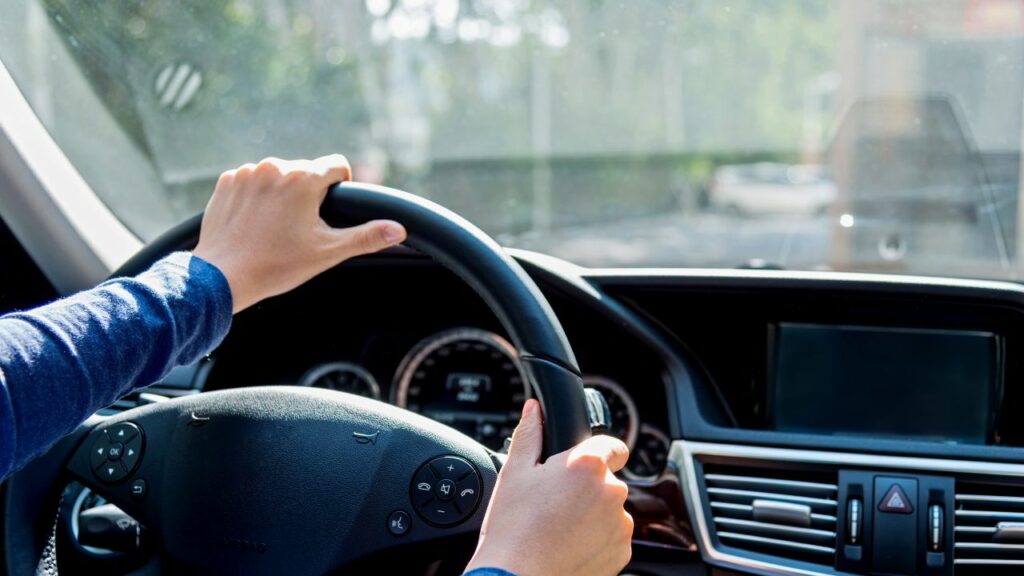
The court’s ruling ultimately hinged on the interpretation of the statute and its application to the specific circumstances of the case. Drawing parallels to a previous case, the court examined the definition of “public place” and considered whether the interior of a vehicle fell within this definition.
A Surprising Answer
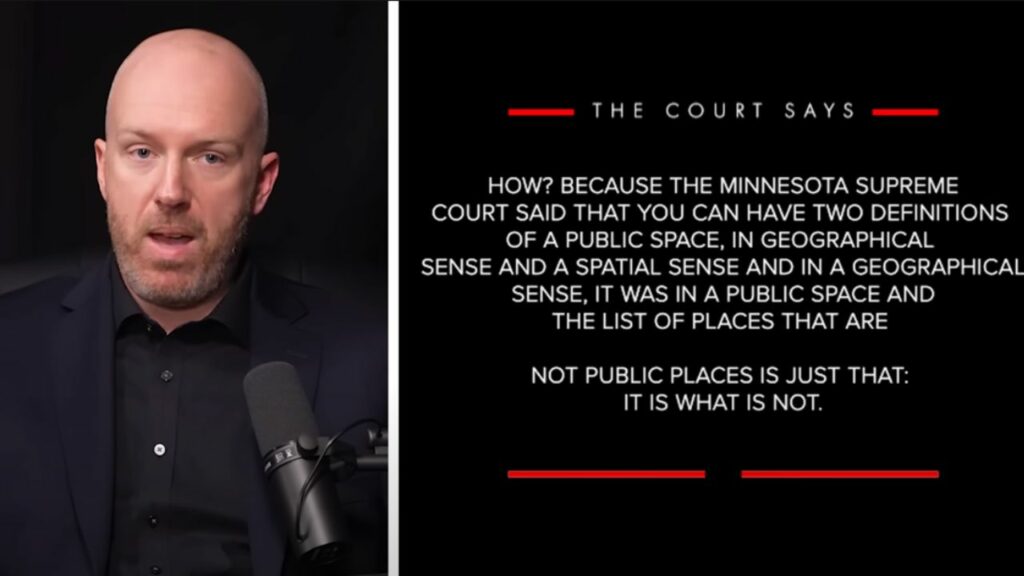
Grieve shared that different courts are looking at different parts of the same law in different cases. Mr. B’s case isn’t exactly about public places, but just “places” in general. He added that the way the court approached Mr. Bee’s issue was surprising.
Two Ways to Define

The Minnesota Supreme Court basically said there can be two ways to define “public space”: geographically and spatially. Geographically a public space is somewhere you’d find yourself outside, like a road or park. Spatially, it’s about openness to the public.
Unclear Laws

Even though the defense argued that unclear laws should be interpreted in favor of the defendant (that’s the “rule of lenity”), the court decided that, in some situations, the inside of a car could be a public place.
The Concerns

Grieve shared that this ruling has sparked concerns among advocates of individual rights, particularly Second Amendment rights, as it expands the scope of what constitutes a public space.
Government Control
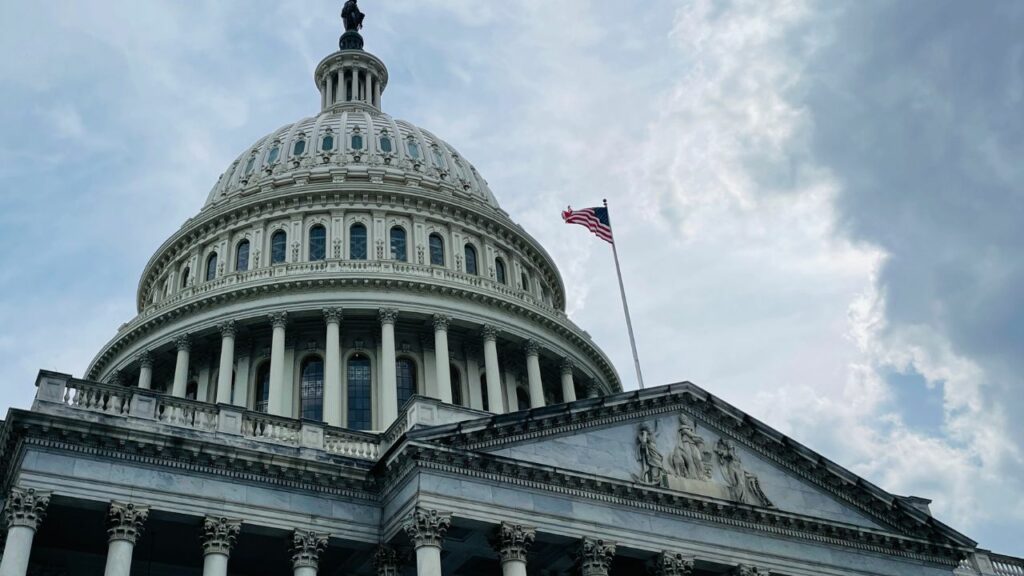
Grieve argued that such interpretations infringe upon private property rights and blur the lines between public and private domains. Furthermore, the decision raises questions about the extent of government authority in regulating firearm possession and transportation.
Share Your Thoughts

So what do you think? Will this rule impact the rights of individuals to possess and transport firearms?
